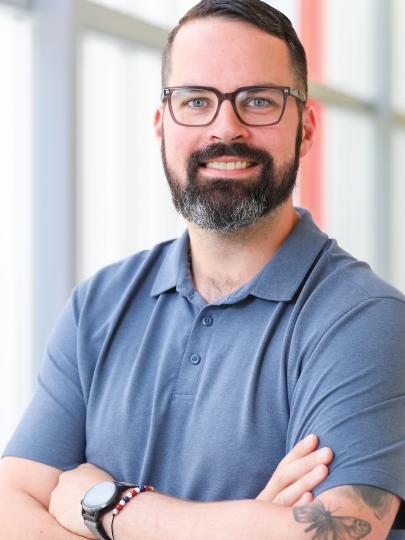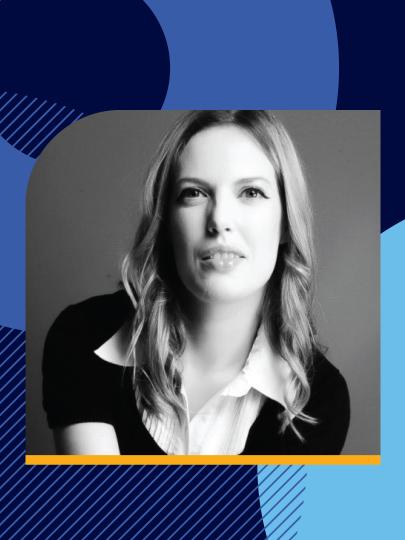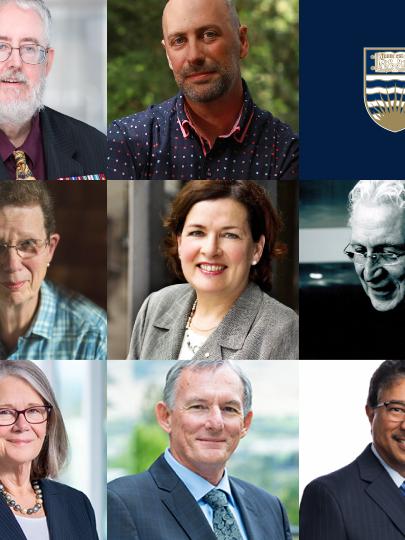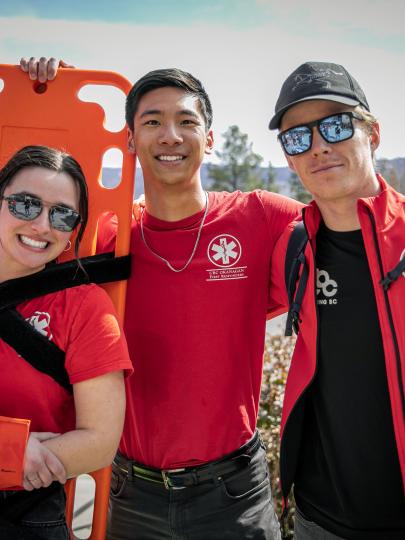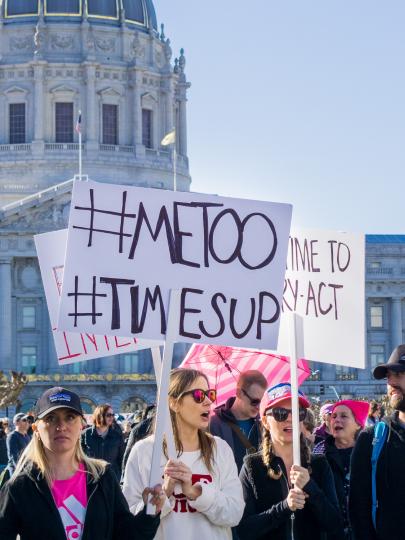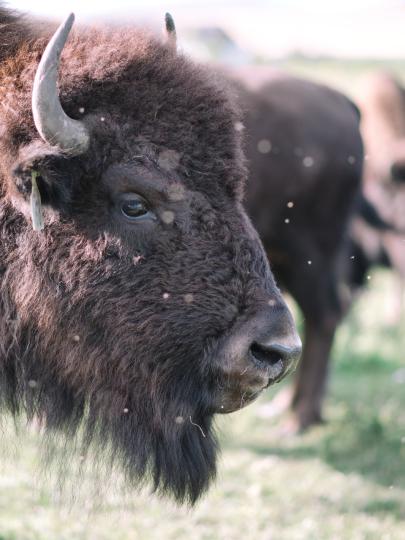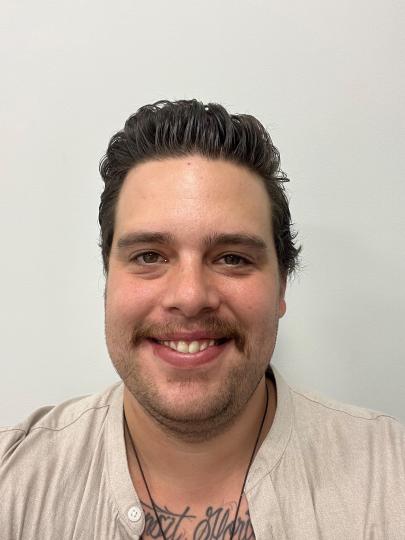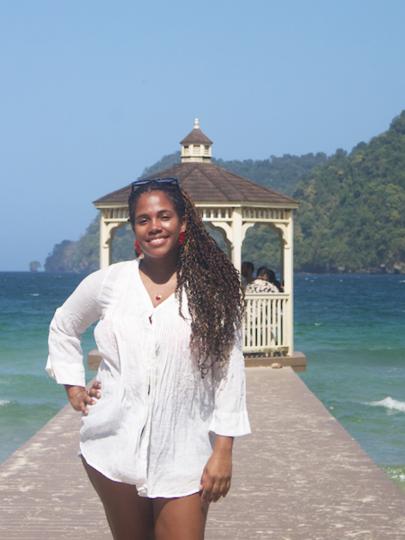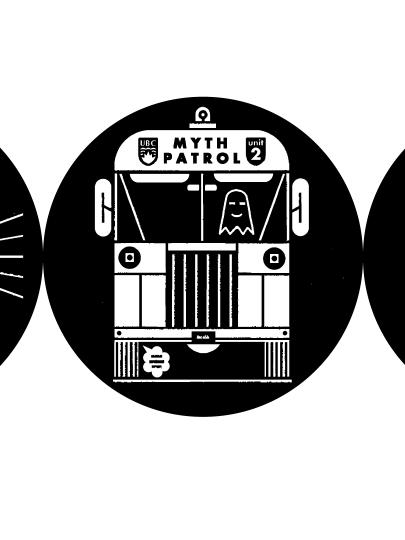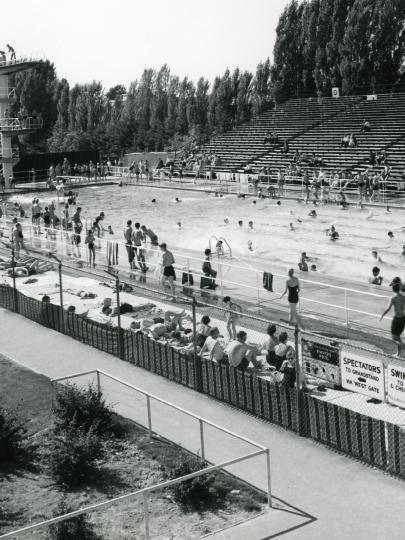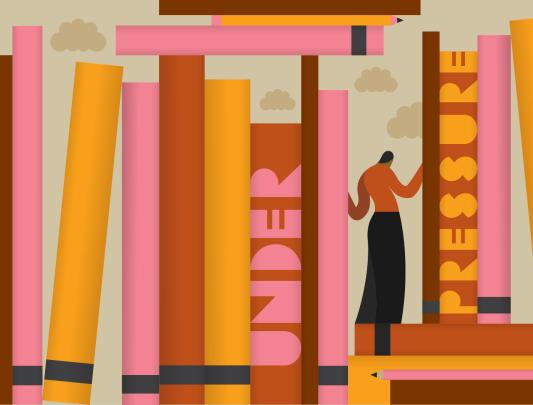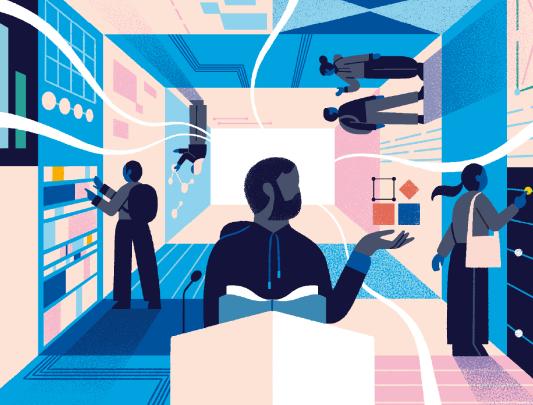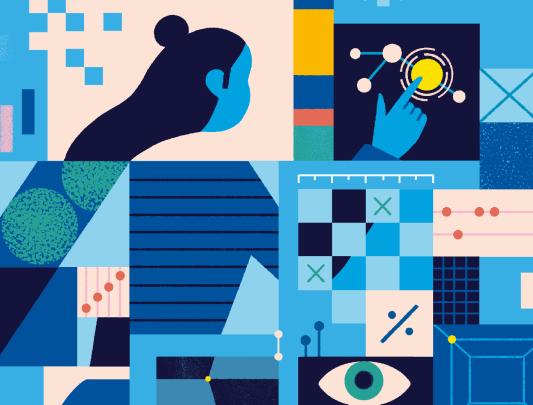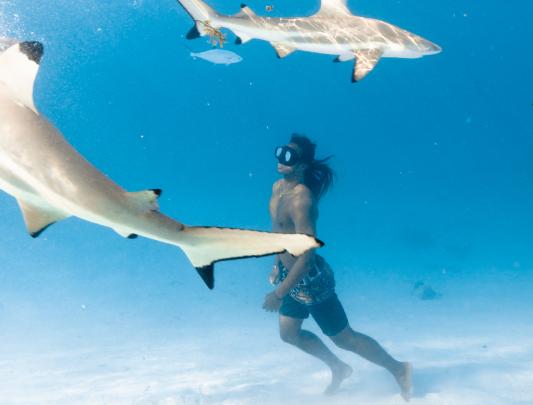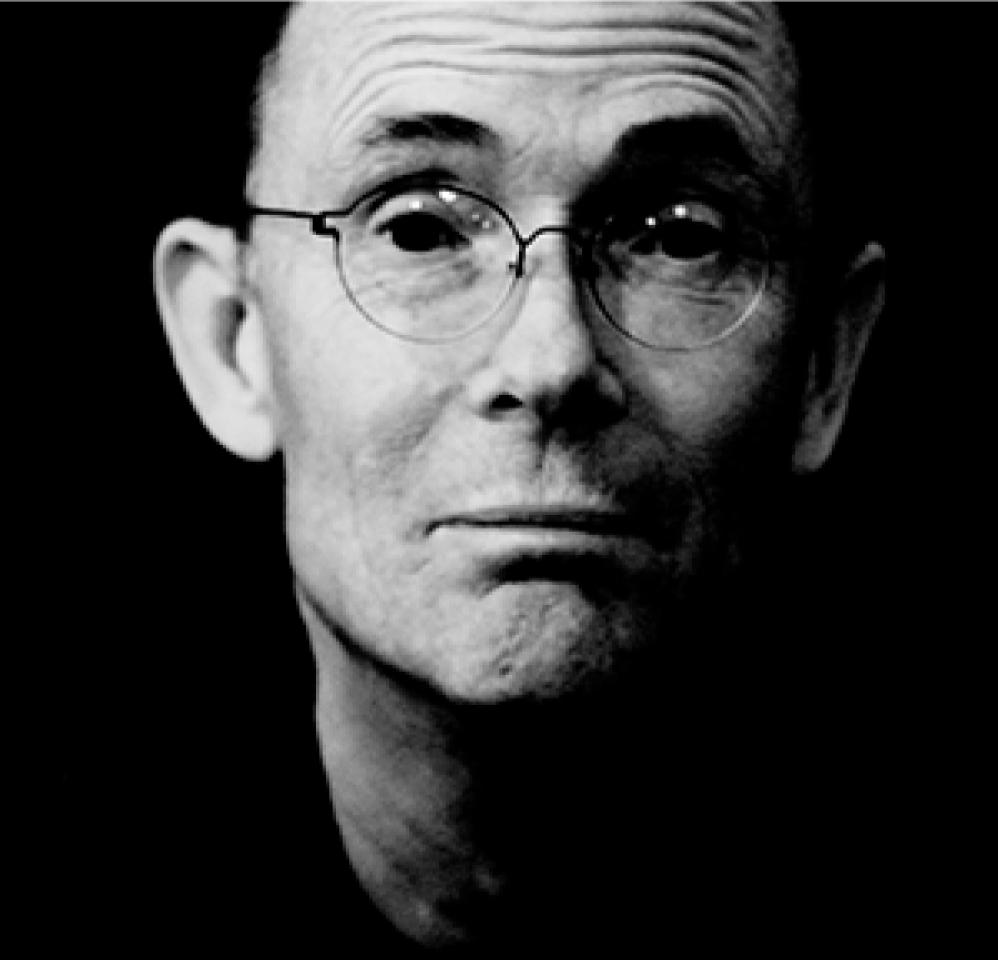
The Last Word
William Gibson, BA’77
It’s been almost 30 years since William Gibson’s debut novel, Neuromancer, struck a chord with readers and won science fiction’s “triple crown” – the Hugo, Nebula and Philip K. Dick awards.
It’s been almost 30 years since William Gibson’s debut novel, Neuromancer, struck a chord with readers and won science fiction’s “triple crown” – the Hugo, Nebula and Philip K. Dick awards. Neuromancer popularized the concept of cyberspace (a word Gibson coined) long before the ubiquity of the Internet and virtual technologies. Often referred to as a “noir prophet,” Gibson is credited with predicting the rise of reality TV, video games and the Internet.
By the age of 12 Gibson had dreamed of becoming a science fiction writer, but it wasn’t until he enrolled in a science fiction literature course at UBC that he first attempted to write it. Although his first short story was published, Gibson didn’t seriously pursue writing until several years later. He assumed that the genre had become too inherently conservative to welcome the literary and pop influences he hoped to bring to it.
Clearly, his fears were unfounded.
Gibson is the author of nine novels, co‑author of one, and has also written screenplays and non‑fiction. He is lauded for breaking the science fiction mold and has been hailed as one of the most important and influential novelists of the past two decades.
He lives in Vancouver with his wife, Deborah, BA’74, MA’76, PhD’11.
What is your most prized possession?
I’d be terrified to have one, actually.
Who was your childhood hero?
Sherlock Holmes.
Describe the place you most like to spend time.
If I could be anywhere, effortlessly, instantly, for two hours, once a year, I’d probably keep going back to Tokyo.
What was the last thing you read?
The Teleportation Accident, by Ned Beauman, a novel.
What or who makes you laugh out loud?
Perfect strangers on Twitter, often as not.
What’s the most important lesson you ever learned?
The fundamental undesirability of ranking things, including life lessons.
What’s your idea of the perfect day?
One with my wife, without appointments. Except, possibly, a nice lunch.
What was your nickname at school?
Nothing ever stuck, fortunately.
What would be the title of your biography?
That would be up to my biographer, I suppose.
If a genie granted you one wish, what would it be?
For more of my fellow humans to accept that our species is responsible for global warming. I’d settle for about 80%.
What item have you owned for the longest time?
Probably some small cast‑metal trucks my father gave me as a child.
What is your latest purchase?
A large bag of quite expensive, super‑clumping cat litter.
Whom do you most admire (living or dead) and why?
That ranking thing again. I don’t really think that way. I admire Jorge Luis Borges, but then I admire Elmore Leonard... I think more in terms of galaxies than lists.
What would you like your epitaph to say?
I wouldn’t want an epitaph. They’re like tattoos for the dead. Or monogrammed shirts. Name and dates, please!
If you could invent something, what would it be?
Something inexpensive, that makes the foulest water potable.
In which era would you most like to have lived, and why?
The past is better enjoyed as a tourist than as a resident, I imagine.
What are you afraid of?
Fundamentalism. Of any sort whatever.
Name the skill or talent you would most like to have.
Cooking.
Which famous person (living or dead) do you think (or have you been told) you most resemble?
I used to think I looked a bit like Samuel Beckett, but it’s getting harder to see.
What is your pet peeve?
The inability to see that one’s own culture informs so much of what one sees that that is, in effect, the majority of what one sees.
What are some of your UBC highlights?
Going to hear a visiting lecturer, an anthropologist, who supposed that aliens, visiting our planet, would suppose that multinational corporations were the dominant form of intelligence here. I don’t think I’d ever heard the term “multinational corporation” before. And seeing Chris Marker’s La Jetée for the first time, in a film history course.


